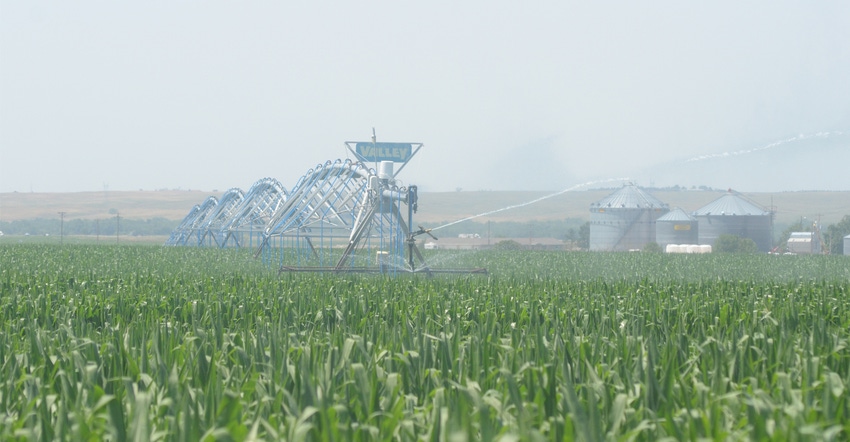
Editor's note: You can listen to my conversation with Daran Rudnick by clicking on the Soundcloud link embedded in this article.
Reasons for using deficit irrigation vary, but the two most common are lower-capacity wells and allocations and restrictions on the amount of water that can be pumped over a given period of time.
"There are a whole bunch of reasons people have to deploy deficit irrigation. The reason you deploy it provides the range of opportunities you now have," says Daran Rudnick, Nebraska Extension irrigation management specialist. "The person using deficit irrigation because of policy or an allocation is different from someone who doesn't have the water or has a low-capacity well."
But, just what do we mean when we talk about deficit irrigation?
"Deficit irrigation has a simple definition. It is applying less irrigation than what that crop is fully requiring," Rudnick says. "So when we think of deficit irrigation, we're thinking that there is going to be stress taking place on that plant, and therefore we're going to produce less yield from that plant.
"And there have been different words or terms to kind of describe deficit irrigation. But the two most common are deficit irrigation and limited irrigation."
Learn more about different deficit irrigation strategies in the latest episode of Down In The Weeds.
Nebraska Farmer · Strategies for deficit irrigation
About the Author(s)
You May Also Like






